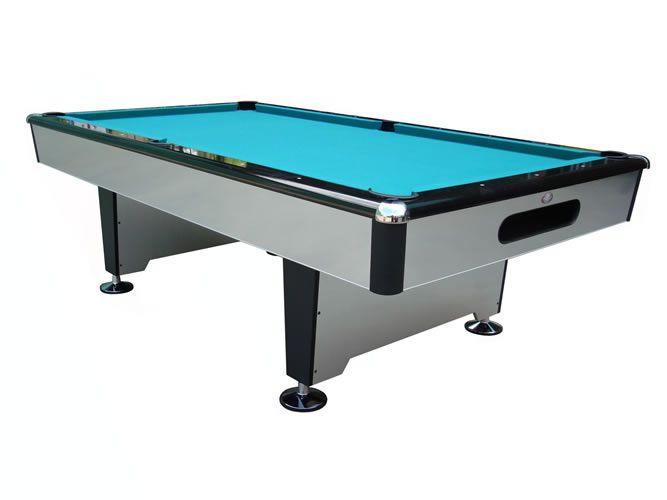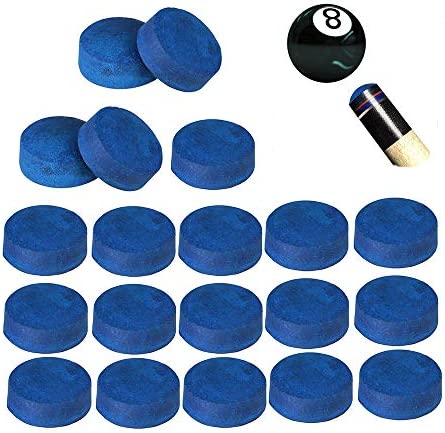
A variety of materials can be used to create pool balls. These include wood, plastic and phenolic resins. Each material has its advantages and disadvantages. Despite the many choices, phenolic pool balls are typically the most durable.
They are resistant to scratches and have a long life span. These balls are generally more expensive but they are well worth the extra cost. These pool balls are also known for their unique feature of high density.
Phenolic Resin (also known as phenolic resin) is a durable and extremely strong substance that has been used across many industries. It is made by mixing phenol with formaldehyde. This mixture is then molded under extreme pressure to form the ball. The material can withstand extreme temperatures and has a high bonding power. Furthermore, phenolic phenolic is resistant to chipping because of its molecular arrangement. Pool balls made of phenolic resin can last up to five to 6 times longer than those made from polyester.

Also, plastic materials are non-flammable and durable. But they also have their flaws. For instance, they tend to lose their shine quicker than phenolic resin balls. Another disadvantage is that they can cause burn marks on the table if you use them.
Plastics were still very young in the 19th-century. Leo Baekeland, an American chemist, discovered a new chemical that could mold to make a plastic-like substance. Bakelite was the name of the new chemical and it was used to make billiard balls. This material quickly became the standard in billiards.
The material was popularized in the United States in the early 20th-century, when it was available for purchase by wealthy individuals. The material was more durable than wood, even though it was still expensive. The material was quickly replacing wood in the production and distribution of billiards balls by the 1920s.
Today, most professional pool balls are made from plastic and phenolic resins. This material is far more durable than ivory and wood. This material is also more expensive but is worth it if you play often.

A set of professional pool ball sets is a great way to learn the game. You can even get a pool table accessory kit that includes extra pool balls and other equipment to ensure your game doesn't suffer from any damage.
Alternatively, you can purchase synthetic materials such as polyurethane or acrylic. These materials are less expensive but come with a few drawbacks. Although they do not lose their shine as quickly than phenolic crystal balls, they are less durable and can easily deteriorate. They are not as scratch-resistant than phenolic resin.
If you don't want to spend the money on phenolic resin balls you can still get a set with polyester balls. Polyester balls are less expensive, but they're not as long-lasting. Some of them may even break. Polyester balls should only be purchased from reputable companies.